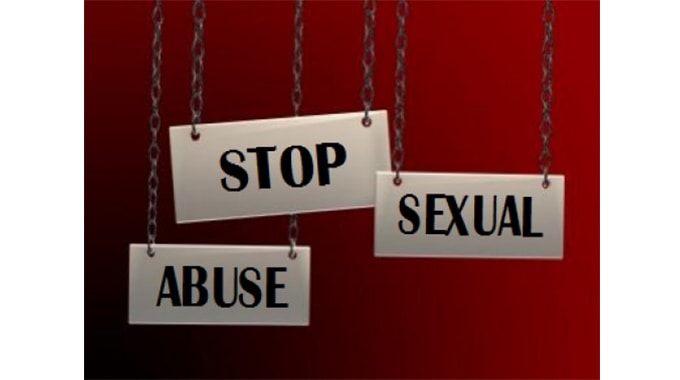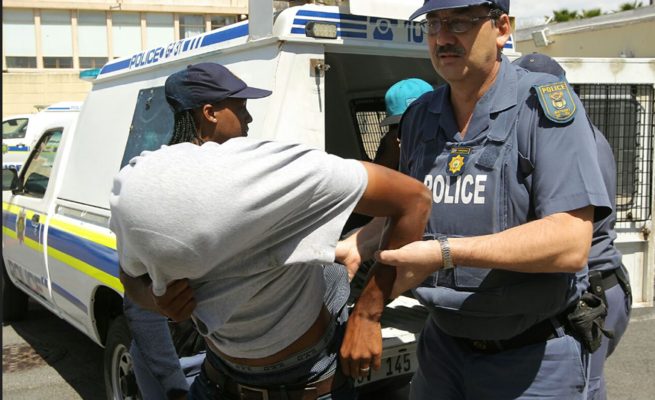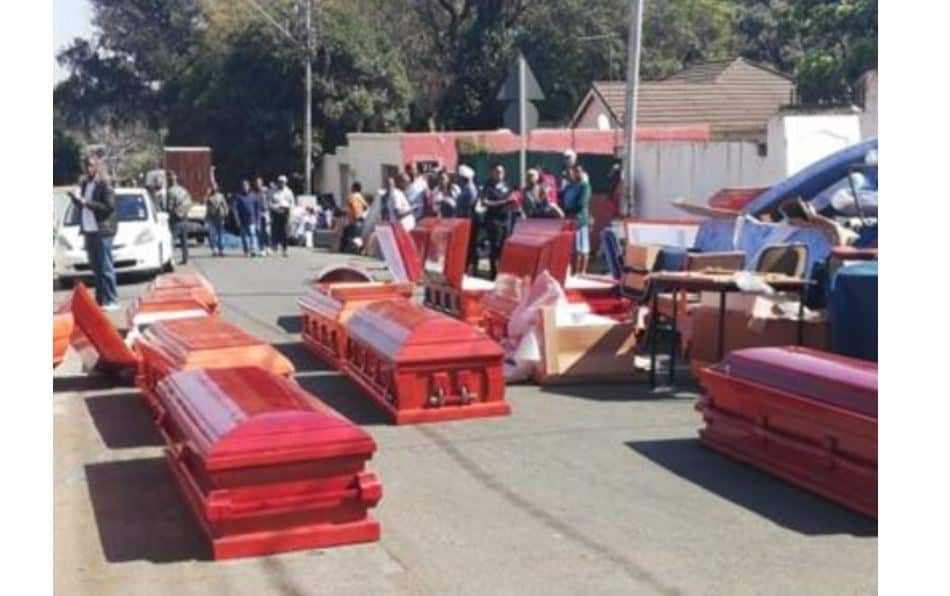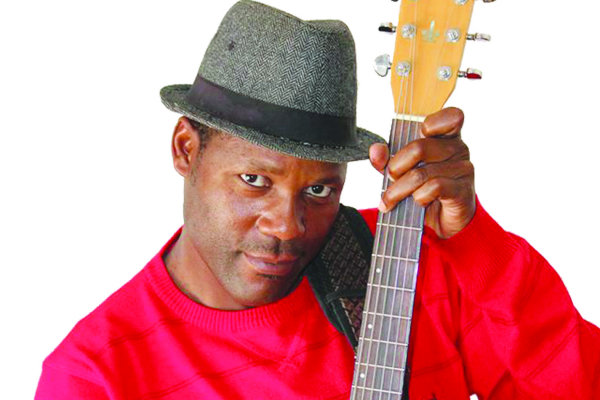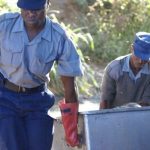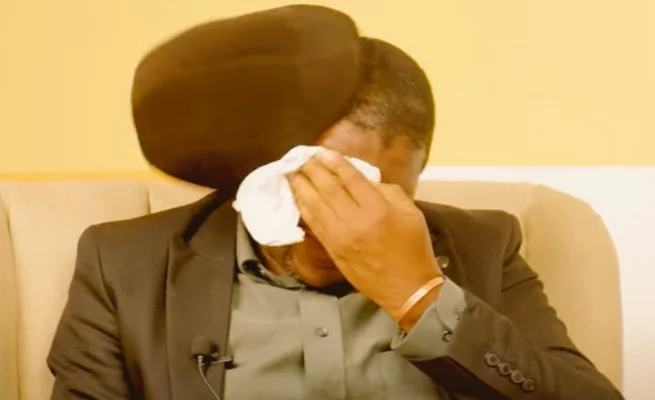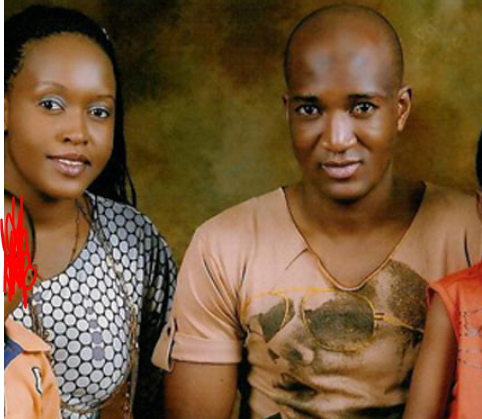OVER 8 000 cases of sexual violence were reported in Zimbabwean health facilities in 2019 with reports that the commercialisation of bride price (lobola) is fuelling child marriages.
Sexual violence is any sexual act or attempt to obtain a sexual act by violence or coercion and affects more females than males in Zimbabwe.
Sexual offenders include trusted relatives including parents, intimate partners and total strangers.
The majority of sexual abuse cases in Bulawayo involve children, some aged below five years according to statistics from the National Aids Council.
Sexual violence which disturbs the development of children and can lead to lifelong consequences is most prevalent in females than males putting them at high risk of HIV.
In terms of the law, there are various types of sexual abuse ranging from indecent assault to rape.
The National Baseline Survey on the Life Experiences of Adolescents concluded that almost one third of females and one in 10 males aged 18 to 24 years reported experiencing sexual violence during childhood in Zimbabwe.
According to the United Nations Population Fund Zimbabwe report released yesterday, violence against women and girls is one of the most prevalent human rights violations and it knows no social, economic or national boundaries.
“In 2019, over 8 000 cases of sexual violence were reported to health facilities, with only 27,8 percent of cases reporting within 72 hours.
“Women and girls are disproportionately affected by the protection consequences of climate change and economic hardship,” read the report.
“Unbalanced power dynamics also exacerbate exposure to sexual exploitation and abuse, as women and girls increasingly resort to trading sex as a means of providing the most basic needs for their families.”
UNFPA said: “The use of lobola (bride price) as an alternative income source is a documented practice in the current context, contributing to an increase in early marriage, while in areas where the Apostolic faith is predominant, communities marry girls at younger ages in the misguided belief that they will somehow appease ‘spirits’ causing drought and economic hardship.”
In drought-affected areas, women and girls are forced to walk long distances to collect water which UNFPA said increased risk of sexual violence.
“Furthermore, the modification of daily routines forces them to spend long hours away from home, generating tensions within the household, and increasing intimate partner violence.”
According to the report, women and girls with disabilities are among the most vulnerable and are three times more prone to GBV and harmful practices.
“The impact of the crisis on the health system also causes decreasing availability of clinical management of rape services, affecting timely access to life- saving support, particularly for those in remote areas.
“De-prioritisation of GBV services also occurs as a consequence of the socio-economic impact of climate change triggered crises and economic hardship. As a result of all of these factors, more than 800 000 people –mostly women and girls –were at risk of GBV in 2019.” -Chronicle

